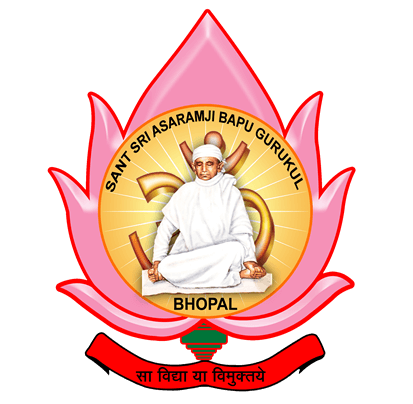Importance of
Curriculum
An effective curriculum provides teachers, students, administrators and community stakeholders with a measurable plan and structure for delivering a quality education. The curriculum identifies the learning outcomes, standards and core competencies that students must demonstrate before advancing to the next level. Teachers play a key role in developing, implementing, assessing and modifying the curriculum. An evidenced-based curriculum acts as a road map for teachers and students to follow on the path to academic success
The development of the curriculum involves a curriculum for all learning aspects of the essential ways of working and knowledge ensuring that learners are engaged with learning and develop their knowledge and understanding. “This includes promoting excellence through a curriculum that supports all students to develop a deep understanding of important subject matter and the intellectual tools and strategies to think for themselves and to manage their own learning” (Department of Education and Training-Queensland, 2008). Curriculum engages learners with strategies to develop sound understanding. Teachers applying these learning activities will guide learners, to work towards building on their knowledge, by applying, explaining, interpreting, and processing. Ensuring that a learner will achieve and participate within their learning is an intended part of the curriculum.
Teaching and learning practices within a school environment promote the student to maximise their educational potential. Through good teaching, supporting learners, it will assist with the developing their knowledge and understanding. .Therefore, learners are engaging with support and scaffolding between each other to gain further understanding, ensuring that the cirrculum provides students the key tools and strategies to think for themselves and learn how to manage their learning.
There must be a chain of developmental process to develop a society. First, the school curriculum, particularly in higher education, must be developed to preserve the country’s national identity and to ensure its economy’s growth and stability. Thus, the president of a country must have a clear vision for his people and the country as well.
For instance, in India, if Prime Minister Narendra Modi would like the country to become Asia’s Economic-cum-military superpower, then the school curriculum must be developed along that line. Curricular programs for higher education can be crafted in such a way that it will boost the GDP along with the military industry.
If universities have curricular programs that are innovative and in demand in the local or global markets, many students even from foreign countries will enroll. A higher number of enrollees would mean income on the part of the universities. As a result, if the income is big, it can be used for teachers’ promotion, scholarship, and remuneration. It can also be used in funding research and development endeavors, and in putting up school facilities, libraries, and laboratories.
